Facebook will reveal at its F8 conference a new class of group bots that work inside Messenger group chats. These group bots can keep users informed about real-time news such as a sports game’s progress, e-commerce deliveries and more, according to three sources familiar with the development of the feature.
Facebook is already working with top chatbot makers to prepare for the launch. Facebook will open up APIs to allow more developers to start building group bots, too. When asked for comment, a Facebook spokesperson said “we don’t comment on rumors or speculation,” but my sources confirm this is coming.
For example, a Messenger group of football fans could add a sports bot to their thread, where it could report score changes, big plays and other news from the game. An e-commerce group bot could keep a group of coworkers informed about the status of their lunch delivery, letting them know that the order is being prepared and when it arrives.
Facebook Messenger already features sports news bots from media property theScore and the NBA’s Sacramento Kings, plus food-delivery bots like those from Domino’s. Soon they could be equipped to keep a whole group for friends in the know.
First, the group bots will act more like news tickers instead of trying to pretend to be a human discussion partner. They’re not really “chatbots” as much as they are “information bots” as people won’t be having the same back-and-forth conversations as they do with one-on-one chatbots.
Unripened AI technology and poor understanding of questions led many users to be disappointed with Facebook’s chatbots. Facebook’s head of Messenger David Marcus admitted that “The problem was it got really overhyped, very, very quickly. The basic capabilities we provided at the time weren’t good enough to basically replace traditional app interfaces and experiences.”
Since these group bots won’t be the sole conversation partner, there will be less pressure on them to act human, and more opportunity for them to service a specific utility.
Second, their existence in group chats will provide a viral growth mechanism for bots, which don’t have easy discovery channels already.
Currently, users have to type a bot’s name into Messenger’s search box to start a conversation with one. There’s no native way to browse for bots, so businesses have to either get the bot’s exact name drilled into people’s heads through marketing or get them to initiate a conversation with a bot through a Facebook News Feed ad. That’s led to the emergence of little-known third-party browsing options like Botlist.
With group bots, one user could add a bot to a thread, thereby exposing its existence to other friends in the group. Both particular bots and the whole bots platform could see a rise in recognition and audience, which might attract higher-profile developers and brands to build them.
It’s still unclear how exactly users will find and add bots to threads. Facebook doesn’t have a bot store or suggester, but perhaps more bot discovery options will be part of the slew of announcements slated for Facebook’s big yearly F8 development conference on April 18th and 19th in San Jose. We’ll be there to confirm today’s scoop and provide analysis of the rest of the news Facebook reveals.
While truly conversational AI will eventually rise to proficiency, Facebook is smart to refocus on group bot technology that can reliably solve real needs today.


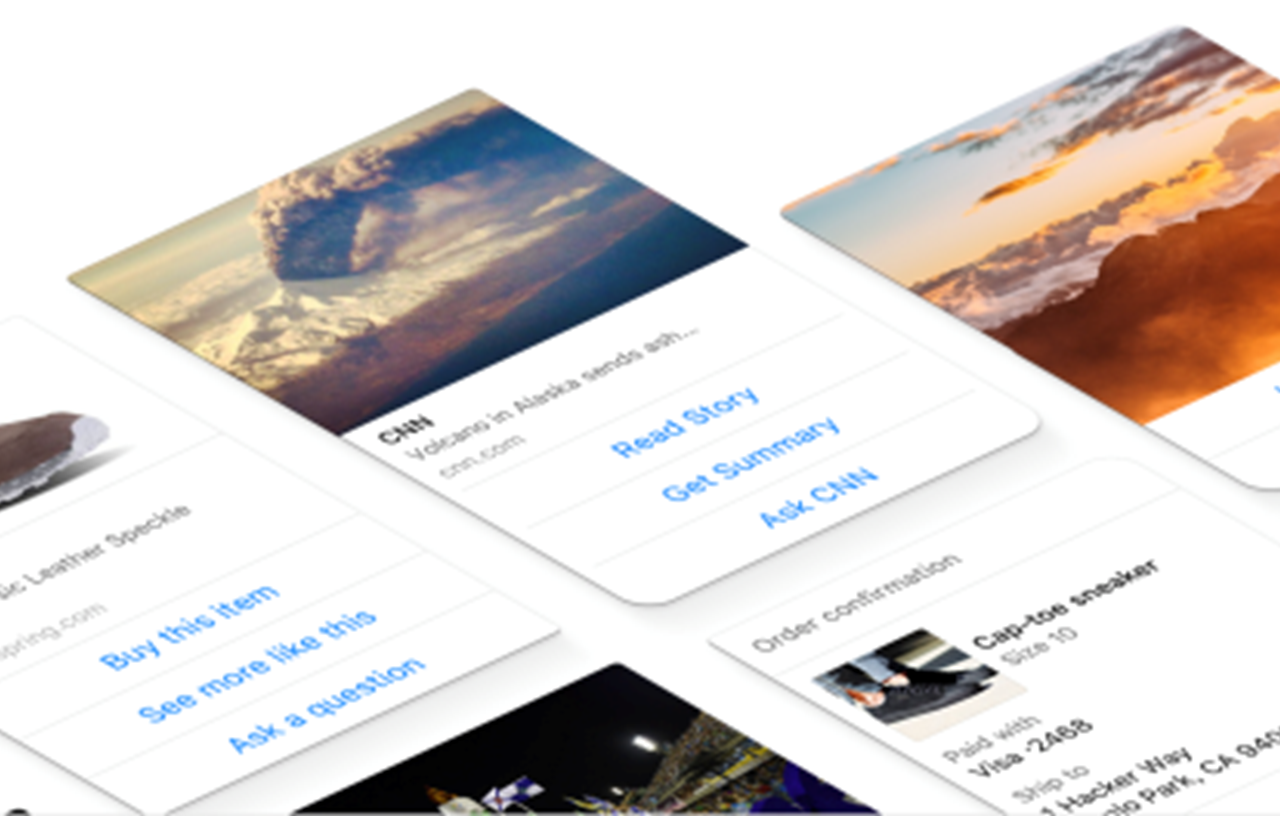


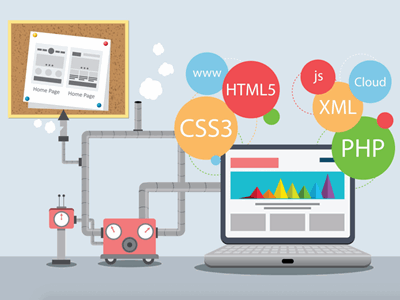
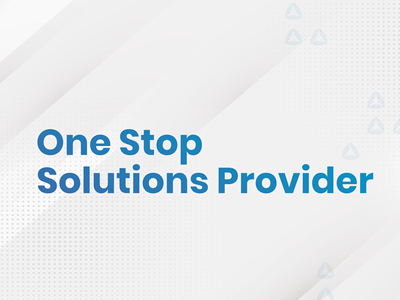

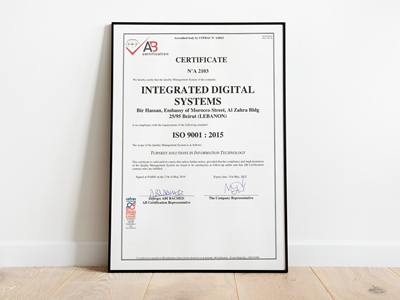

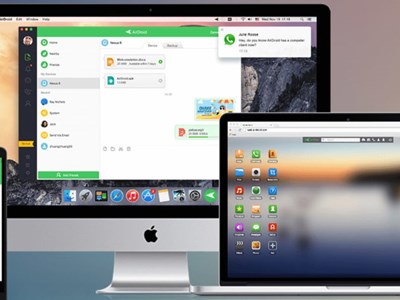
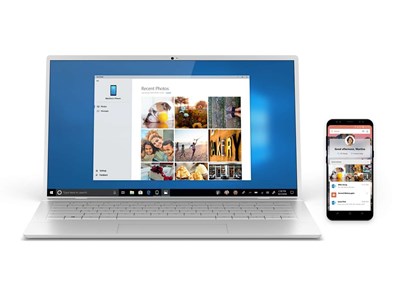

Comments